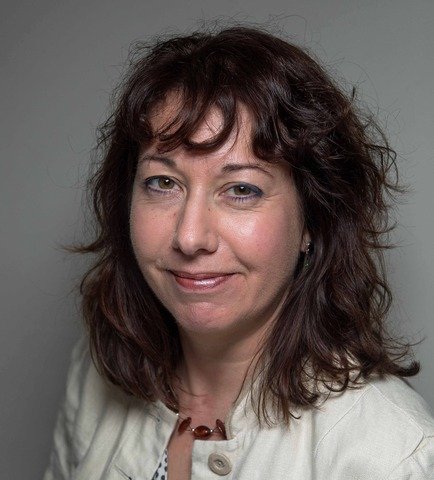Issues affecting women have been under a lot of focus this Women’s History Month, with the celebration of International Women’s Day on Monday 8 March quickly turning to collective grief over the tragic killing of Sarah Everard, which combined with fury over the anti-democratic measures in the government’s new policing bill.
The coalescence of these events precisely pinpoints the purpose of International Women’s Day, which is intended to commemorate women’s cultural, political, and socioeconomic achievements and also serve as a focal point in the women’s rights movement, bringing attention to issues such as gender equality and violence against women.
Incredibly, International Women’s Day has been celebrated for 110 years and originally grew out of the suffrage and labour movements and the demand for better pay and working conditions for women in Europe.
Equal pay legislation was eventually passed in the UK in 1970 but the gender pay gap has not closed to this day and currently stands at 15 to 20 per cent.
Women are suffering disproportionate disadvantage financially and through unemployment due to lockdowns and the many challenges caused by the pandemic.
Unfortunately, it is difficult to be precise about current figures because the government has paused the legal obligation to provide gender pay gap reports.
Picking up on the theme of this year’s International Women’s Day, this is definitely something Labour Choose to Challenge.
Women have been extremely visible over this extraordinarily difficult year as they make up the vast majority of frontline workers, including cleaners, nurses, care providers, doctors, healthcare assistants, teachers and shopworkers.
They need our support and solidarity as much as ever in the ongoing battle for gender and pay equality, as the government’s recent 1 per cent offer to nurses demonstrates.
This Women’s History Month, let’s take inspiration from all the women working on the front line today and those who secured our rights and freedoms in the past, like Brighton-based suffragette leader Mary Jane Clarke.
Let’s keep hope burning for a brighter future and continue the fight for justice and equality.
Let’s choose to challenge all discrimination against women, from misogynistic comments, harassment and violent crime to unequal pay, access to childcare and reproductive rights.
We stand by each other and the fight goes on!
Councillor Nancy Platts is the Labour opposition leader on Brighton and Hove City Council.









